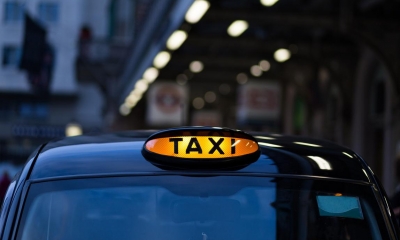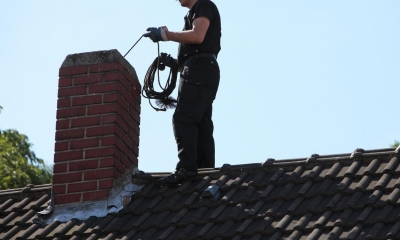
Various pieces of legislation provide for taxi drivers and taxi vehicles throughout the UK to be licensed. Contact Transport for London (TfL) or your local taxi licensing authority which will be able to give you guidance as to the conditions you and the vehicle must meet in order to obtain a licence.
Taxi regulation in Northern Ireland is dealt with by the Passenger Transport Licensing Division (PTLD) of the Department for Infrastructure (previously the Department of the Environment) in Northern Ireland.
Of course, you will have to ensure that you observe driver and road traffic legislation at all times - failure to do so could cost you your licence and your livelihood.
What licences does a taxi firm need?
There is legislation in place that covers the licensing of taxi owners, vehicles and drivers. Your local licensing authority will give you details of what is involved.
Be aware that some licensing authorities restrict the number of licensed taxis by only issuing a certain number of licences, while others have no limit.
Taxi drivers need to undergo an 'enhanced' background check as part of the licence application process. Many local authorities also require applicants to undertake a training course for taxi drivers equivalent to the Taxi Drivers Assessment which was administered by the Driver and Vehicle Standards Agency until December 2016.
Vehicles need to meet certain standards covering matters such as age and condition, safety, wheelchair access and emissions.
In England (apart from London), Scotland and Wales, the licensing body for taxis is the local authority. In London the licensing authority is London Taxi and Private Hire (LTPH), which is part of Transport for London (TfL). In Northern Ireland, the licensing authority is the Passenger Transport Licensing Division (PTLD) taxi licensing section of the Driver and Vehicle Agency (DVA).
Don't forget that if you rent out your taxi to another driver for some shifts, he or she must be licensed.
If your taxi is fitted with an internal security camera (CCTV), you may need to register with/notify the Information Commissioner's Office (ICO). There's more about CCTV, including a code of practice for users, on the ICO website. The TfL website includes some specific guidance on CCTV use in taxi and private hire vehicles.
If you're intending to set up a larger business with an office and several drivers, and you intend to use a radio system to enable drivers to stay in touch with base, then you will need a radio licence from Ofcom. There's more information on the Ofcom website. Note that if you're just going to work as a self-employed driver and use a mobile radio unit to stay in touch with a taxi operator then you will be covered by their licence and you won't need one of your own.
Equality Act
Your local authority can keep a list of wheelchair-accessible taxis ("designated vehicles") in their area. Drivers of taxi and private hire vehicles listed by the local licensing authority as being wheelchair accessible can be fined up to £1,000 if they refuse to transport wheelchair users or try to charge them extra. They are now required by law to:
- transport wheelchair users in their wheelchair
- provide passengers in wheelchairs with appropriate assistance
- charge wheelchair users the same as non-wheelchair users
You can get an exemption from this if you yourself have a medical condition that would make it difficult to offer physical assistance. Contact your licensing authority for help. You can find out more on the Gov.uk website.
Smoking bans
UK-wide workplace smoking bans also apply in taxis, and apply to both drivers - including owner-drivers - and passengers. You mustn't smoke in your taxi vehicle even if it belongs to you and you're just in it on your own at the time. You will have to display an appropriate 'No Smoking' sign in your vehicle.
Health & Safety, fire
You must comply with workplace health and safety and fire safety legislation.
Employment legislation
Anyone employing staff must comply with employment legislation. Important areas of legislation include recruitment, employment contracts, pay, working hours, holidays, employment policies, sickness, maternity, paternity, discrimination, discipline, grievances, dismissals, redundancies and employment tribunals.
Insurance for a taxi firm
Contact an insurer or insurance broker and explain exactly how your business will operate - they will then explain what insurance cover you must have by law, and other cover you should consider. This might include:


